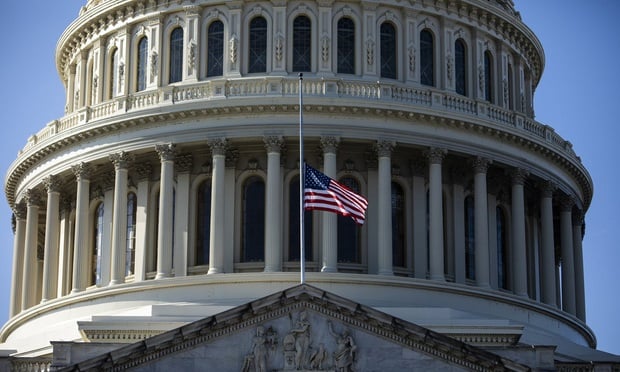 The $1.9 trillion economic stimulus package, which passed the House on Feb. 27, freezes retirement plan contribution limits starting in 2031.
The $1.9 trillion economic stimulus package, which passed the House on Feb. 27, freezes retirement plan contribution limits starting in 2031.
The bill, H.R. 1319, the American Rescue Plan Act of 2021, would freeze the annual cost-of-living adjustments for overall contributions to defined contribution plans and for the maximum annual benefit under a defined benefit plan.
The measure would be effective for calendar years beginning after Dec. 31, 2030, "[i]n what can only be called a budget gimmick," said Brian Graff, president and CEO of the American Retirement Association, a lobbying group, in a recent LinkedIn post.
Recommended For You
Complete your profile to continue reading and get FREE access to BenefitsPRO, part of your ALM digital membership.
Your access to unlimited BenefitsPRO content isn’t changing.
Once you are an ALM digital member, you’ll receive:
- Breaking benefits news and analysis, on-site and via our newsletters and custom alerts
- Educational webcasts, white papers, and ebooks from industry thought leaders
- Critical converage of the property casualty insurance and financial advisory markets on our other ALM sites, PropertyCasualty360 and ThinkAdvisor
Already have an account? Sign In Now
© 2025 ALM Global, LLC, All Rights Reserved. Request academic re-use from www.copyright.com. All other uses, submit a request to [email protected]. For more information visit Asset & Logo Licensing.








